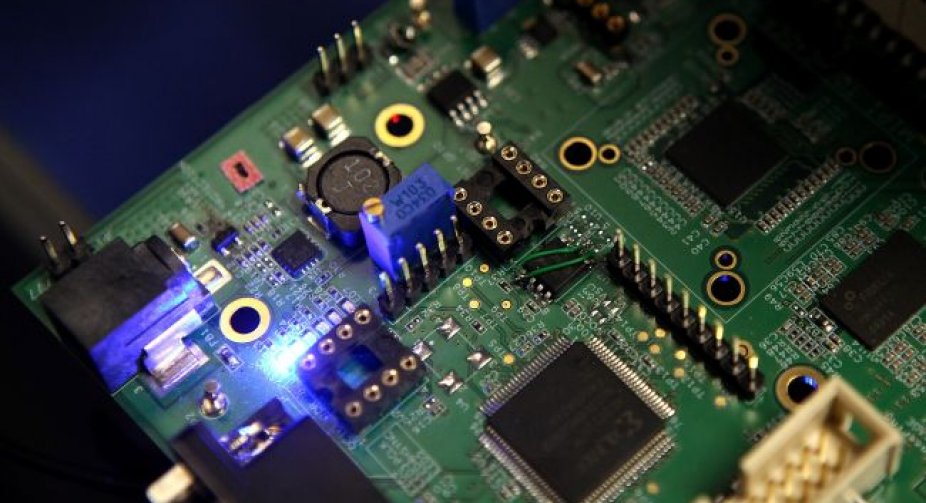Japan will limit exports of 23 types of semiconductor equipment, aligning its technology trade controls with U.S. measures to limit China's ability to produce advanced chips.
This is reported by Reuters.
Japan, home to the world's biggest chip makers such as Nikon and Tokyo Electron, has not identified China as a target of the measures, saying equipment makers must obtain export permits for all regions.
"We are fulfilling our responsibility as a technological nation to promote international peace and stability," Economy, Trade and Industry Minister Yasutoshi Nishimura said at a press conference.
According to him, Japan wants to stop using advanced technologies for military purposes and does not mean one specific country.
But Japan's decision is seen as a major diplomatic victory for the administration of US President Joe Biden, which in October announced sweeping restrictions on China's access to US chip-making technology to slow its technological and military advances.
Without the cooperation of heavyweights such as Japan and the Netherlands, US measures would be ineffective and their companies would face a competitive disadvantage.
Japan and the Netherlands agreed in January to join the U.S. in restricting exports to China of equipment that can be used to make chips smaller than 14 nanometers, but did not announce the deal so as not to provoke China, the sources said. Japan has never publicly recognized any agreements.
A nanometer, or one billionth of a meter, refers to a specific technology in the semiconductor industry, with a smaller number of nanometers usually referring to a chip.
In the Netherlands, the government said in a letter to parliament this month that it plans to limit exports of chip manufacturing equipment. The large Dutch company ASML Holding NV dominates the market for lithography systems used to create microcircuits.
Japan said it would introduce export controls on six categories of equipment used in chip production, including cleaning, deposition, lithography and etching.
The restrictions, which took effect in July, are likely to affect equipment made by at least a dozen Japanese companies, including Nikon, Tokyo Electron, Screen Holdings and Advantest.
Japan, which once dominated chip manufacturing, has seen its market share shrink to around 10%. However, it remains a major supplier of microcircuit machines and semiconductor materials. Tokyo Electron and Screen produce about a fifth of all the world's chip manufacturing tools, while Shin-Etsu Chemical and Sumco Corp produce most of the silicon wafers.
We will remind you that the European Union will demand to strengthen control in countries where there is a surge in imports from the EU of advanced technologies and other goods that Russia can use for military purposes against Ukraine.
